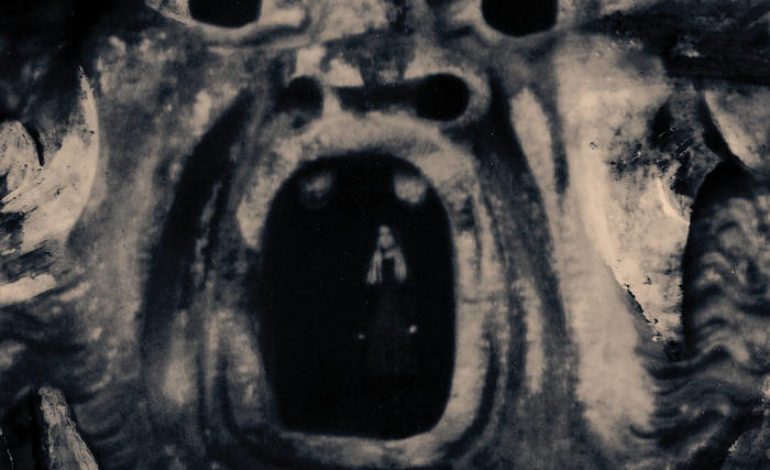

Swimming through the void in search of light
No one crafts isolation quite like Anna von Hausswolff. Each sound she makes crackles with a foreboding quality, even the pleasant ones. In her hands, organs become weapons, and synths a sizzling Tesla coil. Having crafted music as long as she has, Hausswolff has gotten rather good at this. But it wasn’t until her latest record All Thoughts Fly, that she fully mastered her arena.
Not content to leave the listener waiting, Hausswolff proves her acumen in the opening notes of the title track, “Theatre of Nature.” The track kicks off with a forceful organ that reverberates through the entire cranial cavity of the listener, buoyant and bouncing despite its suffocating mass. This organ will become a hallmark of the album, and finds use as a tool of soothing, sadness and terror all at once.
On the more somber end of things, there is the second track, “Dolore di Orsini.” Clearly in no rush on this track, Hausswolff leaves the listener to bask in the slow procession of the organ until a whine of strings cuts through the din nearly two minutes into the track. From there, it builds as if threatening to break, and as suddenly as it entered, it exits. Unexpectedly, it is not a bait and switch intro track, as its follow-up, “Sarco Bosco,” immediately resets the momentum of the record.
While it doesn’t connect to its predecessor so well, “Sarco Bosco” exemplifies the organ as an instrument of doom. Almost violent in its deployment, the organ operates in a low hum and a panicked squeal exclusively. Left to its own devices, the track rends the stomachs of listeners, turning them into bubbling cauldrons of unease. But as quickly as one finishes retching, the clouds part and angelic mid-tones burst forth from the heavens. Glowing, the track drags people into the arms of god.
This is ultimately the album’s greatest strength. It refuses to exist along simple boundary lines of dark and light. By virtue of its primary instrument, it cannot exist in such a dull dichotomy. Nowhere is this more apparent than on “All Thoughts Fly.” The track for which the album bears its name stuns, appalls and fulfills. Glorious organ notes flood the mind, encompassing angels and devils and light and dark. It forces one to embrace the poetic, to picture the grand buttresses of gothic cathedrals as they are subsumed by light and blotted out by crooning angels. It captures the religious nature of the medium for which it was created. It achieves its highest purpose.
Yet at the end of it, people are still alone. Looking back, the organ and all its voices were an illusion, it is but one instrument, played to sound like a chorus by a single person. There was no one in the cathedral, save the organist, who closes the keys and strolls away. Even there, people were alone, the rug pulled out from under them. Even in the thrall of one thousand voices, Hausswolff leaves people again, stranded on an island of her own construction with All Thoughts Fly.
